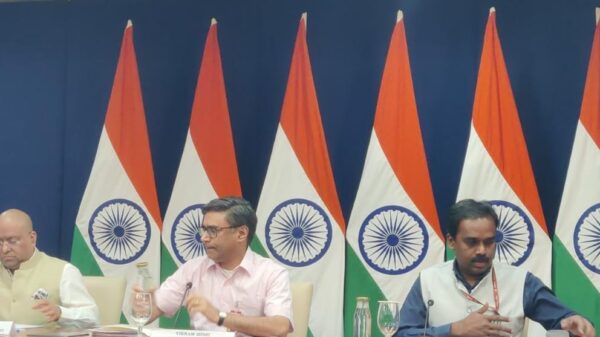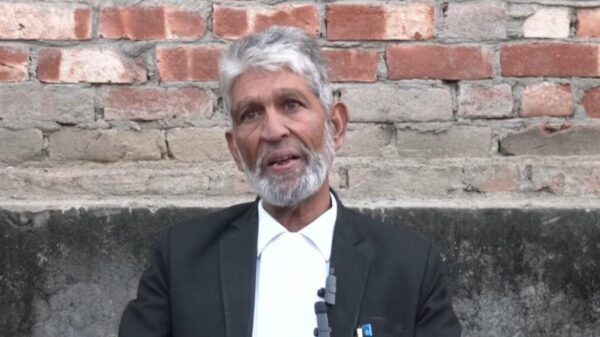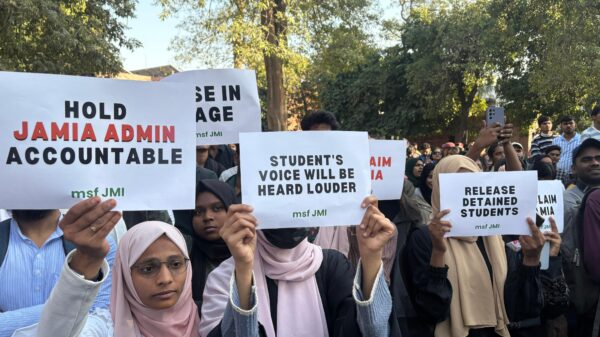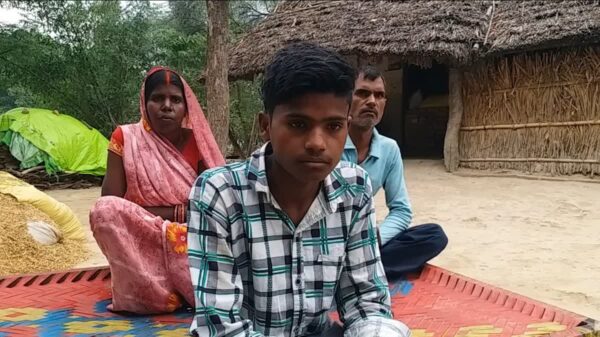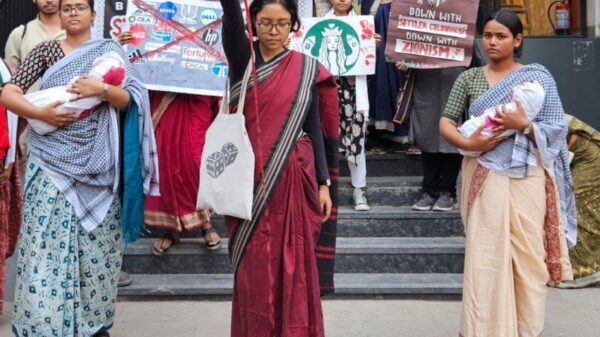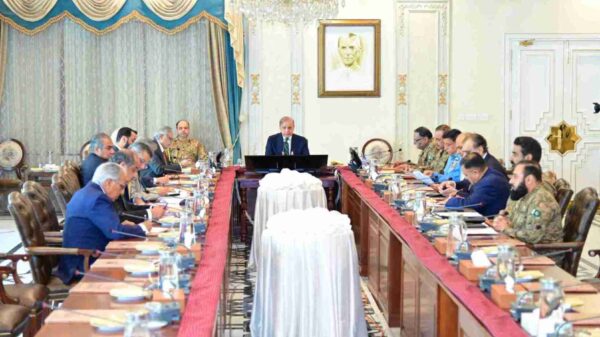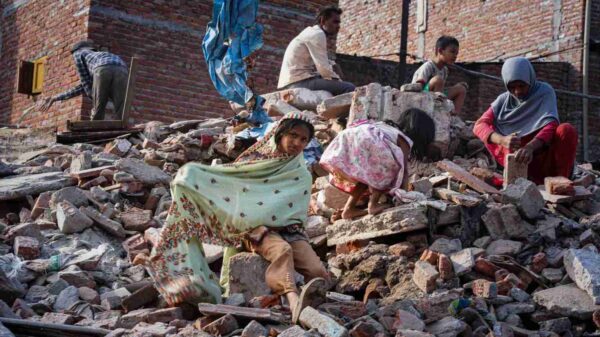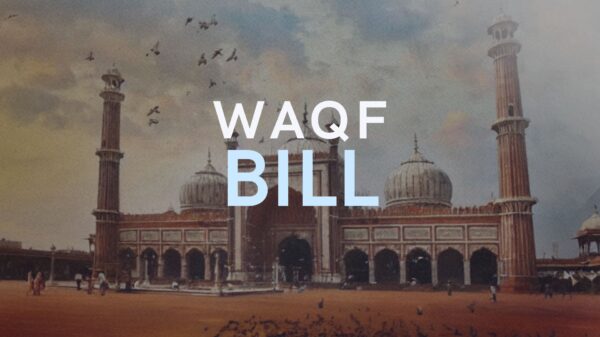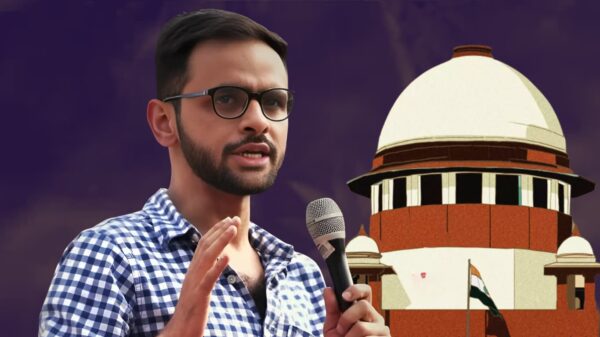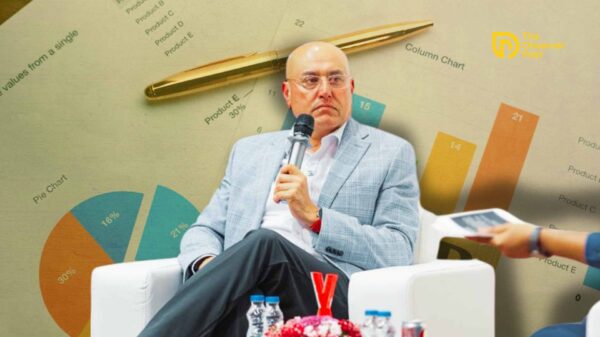The Supreme Court of India has postponed the hearing on petitions challenging the Waqf (Amendment) Act, 2025. The case will now be heard on May 15 by a bench led by Justice B.R. Gavai, who is set to take over as the Chief Justice of India.
Chief Justice Sanjiv Khanna, who currently heads the court, said during the hearing on May 5 that since he is retiring soon, he does not want to reserve any interim judgment on this case. “This matter needs an early hearing, but I will not be handling it. If all parties agree, we will list it before Justice Gavai’s bench,” said CJI Khanna.
Senior advocates Kapil Sibal and A.M. Singhvi, representing the petitioners, and Solicitor General Tushar Mehta, appearing for the Centre, agreed to this proposal.
CJI Khanna also mentioned that he had briefly read the government’s reply and the petitioners’ responses but hadn’t gone into the details. The court further stated that only five petitions would be taken up in the next hearing and that no new petitions would be entertained for now. “We can’t handle hundreds of petitions on the same matter,” the court said.
During earlier hearings on April 16 and 17, the court had heard detailed arguments. Kapil Sibal argued that the omission of the “waqf by user” clause was problematic because many centuries-old religious places like mosques and dargahs do not have formal registration papers but have always been used by the public as waqf properties.
On the other side, Solicitor General Mehta clarified that the new rule would apply only going forward. “If such properties are already registered, they will continue to be considered waqf,” he told the court. He also said this assurance had been made in Parliament by Union Minister Kiren Rijiju.
There were also concerns about non-Muslim members being added to the Waqf Boards and the Central Waqf Council. CJI Khanna asked whether non-Hindus would be added to boards overseeing Hindu religious endowments, highlighting the sensitivity of the issue. The court had proposed that all regular members of these bodies should be Muslims, except for those holding official government positions.
The Centre also assured the court that no new appointments would be made to the Waqf Boards until further notice, and that the existing waqf properties would not be affected. These statements were formally recorded by the court.
Petitions have been filed by various individuals and organisations, including AIMIM MP Asaduddin Owaisi, Delhi MLA Amanatullah Khan, the Jamiat Ulema-i-Hind, the All India Muslim Personal Law Board, and several opposition parties like DMK, RJD, and CPI. On the other hand, BJP-led state governments from Assam, Rajasthan, Chhattisgarh, Uttarakhand, Haryana, and Maharashtra have supported the amended law.
The major objections in these petitions include the removal of the “waqf by user” provision, allowing non-Muslims in waqf bodies, limiting women members to just two, a requirement of being a practising Muslim for five years to create a waqf, restrictions on waqf over archaeological or tribal land, and other structural changes such as renaming the law and empowering the government to resolve land disputes.

